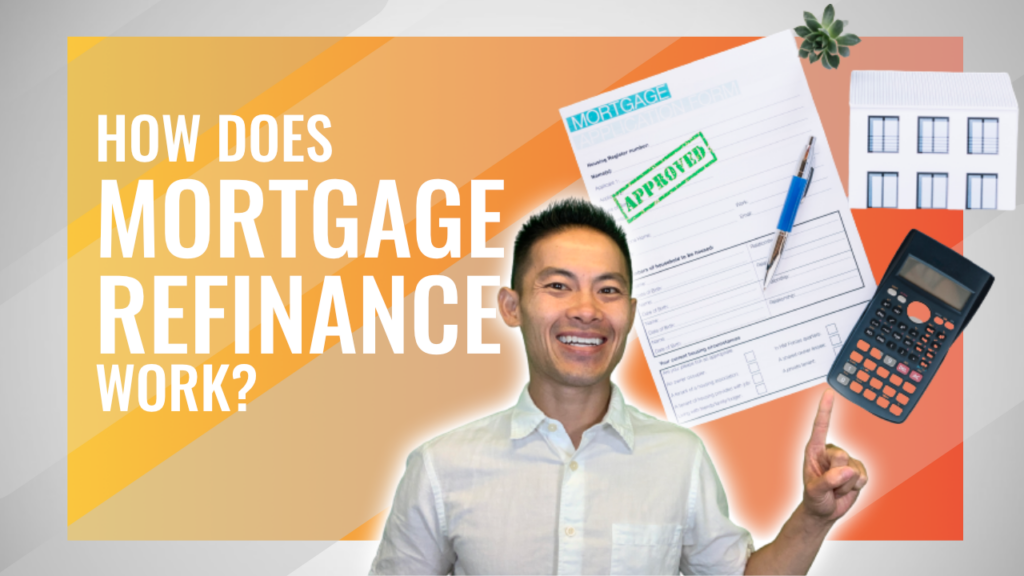Mastering Effective Property Management
Reading Time: 2 minutesDiscover key strategies in property management to boost property value and ensure seamless operations. Learn how effective management can enhance your real estate assets.

## Introduction
In the bustling real estate industry, property management stands as a cornerstone for maintaining and augmenting property value. Whether you’re a seasoned real estate investor or just starting to dive into the property market, understanding effective property management is crucial. Property management not only involves overseeing residential, commercial, or industrial properties but also encompasses tenant interactions, financials, maintenance, and legalities. This article will explore vital aspects that ensure the success of property management and how strategic oversight can lead to enhanced property appreciation.
## Understanding Property Management
Property management involves overseeing and managing real estate properties on behalf of their owners. This includes dealing with tenants, maintaining property conditions, handling leases, and ensuring legal compliance. According to the Institute of Real Estate Management, effective property management results in an 8-10% increase in property value over a decade, illustrating its importance for property owners.
## The Role of Property Caretakers
Caretakers are the unsung heroes in property management, often responsible for the day-to-day running of properties. They see to regular maintenance, ensuring that properties remain in pristine condition. The National Career Service highlights that caretakers bridge the gap between tenants and property managers, offering invaluable onsite assistance and addressing minor repairs before they escalate.
## Financial Management and Budgeting
Handling the financial aspects of property management is vital. This includes budgeting for repairs, maintenance, and unexpected expenditures. Rental income management and expense tracking require astute attention, ensuring profitability. According to the National Apartment Association, small financial missteps can compound, affecting long-term profitability.
## Tenant Relations and Retention
Maintaining good relationships with tenants is fundamental. Clear communication, reliability, and addressing grievances promptly contribute to high tenant retention rates. The Federal Housing Finance Agency suggests that competent tenant relations reduce vacancy rates significantly, ensuring consistent rent flow.
## Legal Compliance and Risk Management
Property managers must navigate numerous legal regulations governing property management. Staying informed about tenant rights, lease agreements, and local laws is non-negotiable. The American Bar Association notes that mitigating legal risks through compliance can save property owners substantial legal fees.
## Employing Professional Property Management Services
Hiring a professional management company like I & I Property Management can streamline operations. They bring expertise, comprehensive services, and reliability, making them ideal for owners who might not have the time or expertise to manage their properties effectively. This strategic outsourcing can lead to optimized property performance.
## Leveraging Technology in Property Management
Incorporating technology can transform property management efficiency. With advancements in property management software, managing financials, tenant communications, and maintenance requests can be streamlined. Forbes Magazine highlights the growing trend towards digital transformation in property management, predicting widespread adoption in the next decade.
## Conclusion
Effective property management is a blend of skillful tenant relations, astute financial management, compliance, and the savvy application of technology. Whether through employing dedicated property caretakers, leveraging professional management services, or through direct involvement, the positive impacts resonate in increased property value and reduced operational stress. As the real estate landscape evolves, staying proactive and informed will remain the key to successful property management.
Understanding Property Depreciation: What Multi-Property Owners Need to Know
Reading Time: 3 minutesDepreciation is an accounting method used to allocate the cost of a tangible asset over its useful life. For property owners, this means gradually deducting the expense of purchasing and improving a property from their taxable income, reflecting the wear and tear or obsolescence of the asset over time. Why is it Important for…
Mastering Rental Property Management for Beginners
Reading Time: 3 minutesUnlock the secrets of effective rental property management with proven strategies to maximize profitability and tenant satisfaction.
Mortgage and Refinance: A Guide for Beginners
Reading Time: 2 minutes A property whether it is a single-family or a multifamily home is a an investment for any real estate investor. One way to leverage it is by refinancing. Refinancing allows real estate investors to lower the rate and increase the returns or cash-out money from the appreciation of the property. This allows them to…








